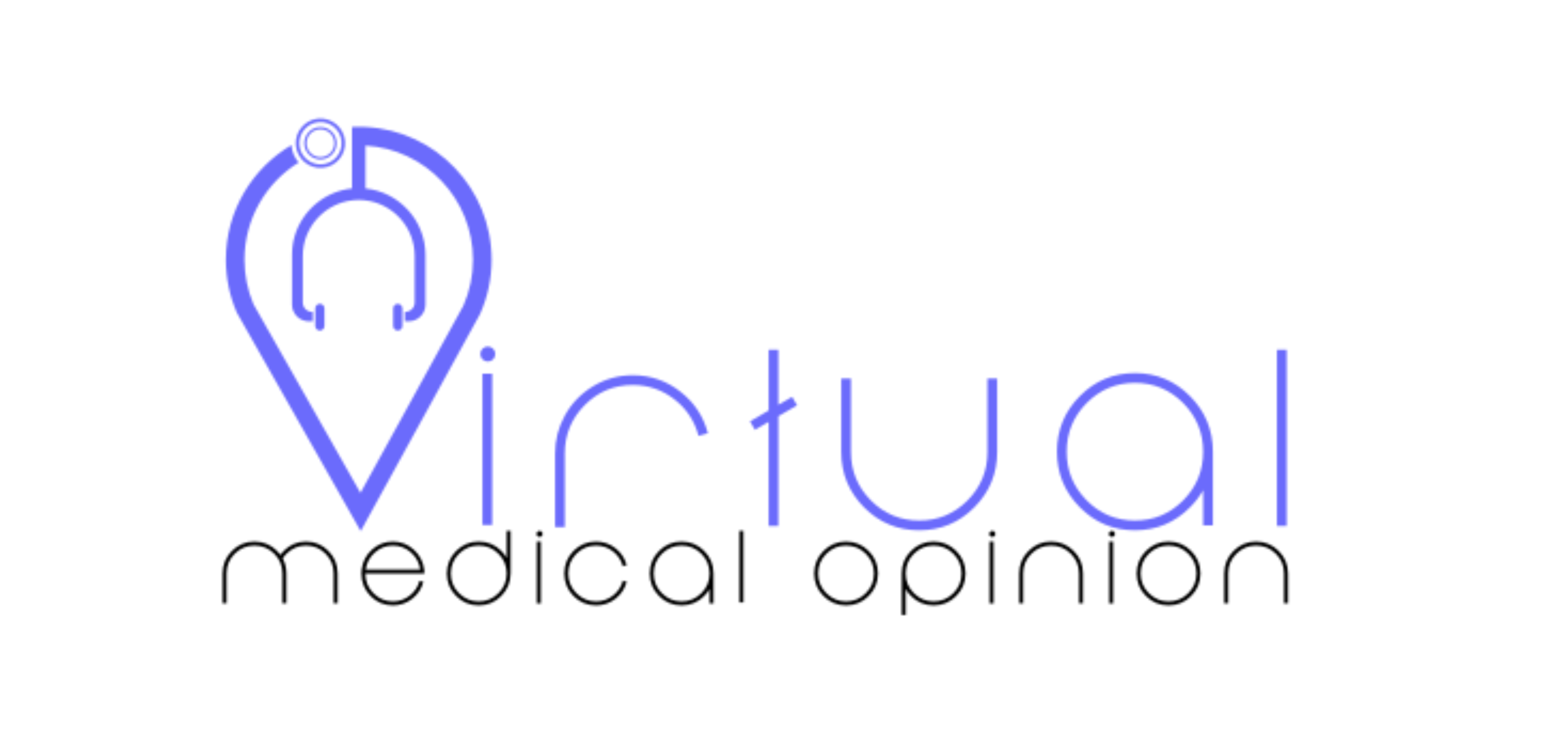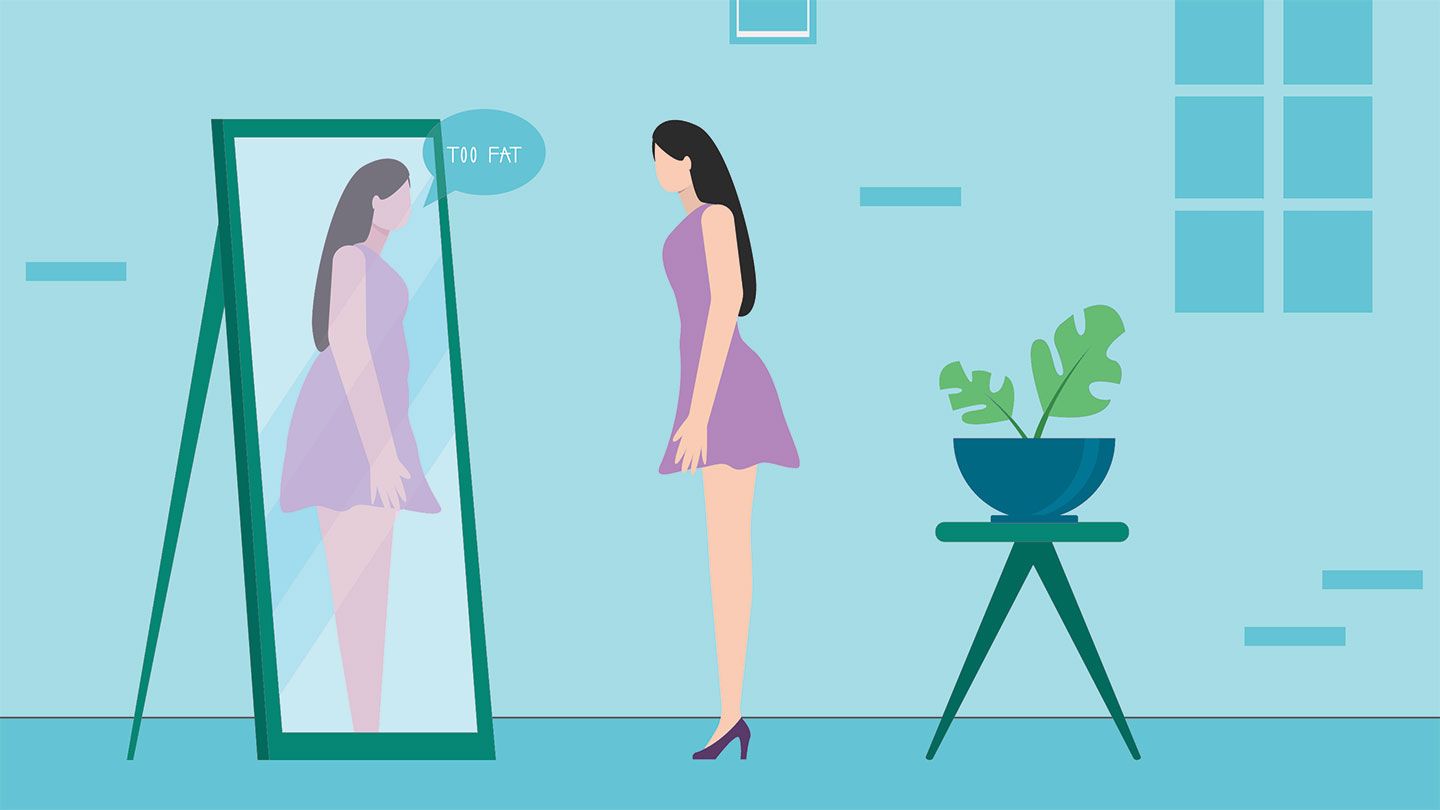Anorexia nervosa (often just called anorexia) is an eating disorder. It is ten times as common in females as in males. It most often starts during the teenage years. About 9 in 1,000 women develop features of anorexia at some point in their lives.
People with anorexia restrict the amount they eat and drink. People with anorexia are underweight. Sometimes, the weight becomes so low that it is dangerous to health.
Signs and symptoms:
- if you're under 18, your weight and height being lower than expected for your age
- if you're an adult, having an unusually low body mass index (BMI)
- missing meals, eating very little, or avoiding eating any foods you see as fattening
- believing you're fat when you're a healthy weight or underweight
- taking medicine to reduce your hunger (appetite suppressants)
- your periods stopping (in women who have not reached menopause) or not starting (in younger women and girls)
- physical problems, such as feeling lightheaded or dizzy, hair loss or dry skin
When to see a doctor?
Unfortunately, many people with anorexia don't want treatment, at least initially. Their desire to remain thin overrides concerns about their health. If you have a loved one you're worried about, urge her or him to talk to a doctor. If you're experiencing any of the problems listed above, or if you think you may have an eating disorder, get help. If you're hiding your anorexia from loved ones, try to find a person you trust to talk to about what's going on.
بھوک کی کمی(anorexia nervosa)
بھوک کی کمی (جسے اکثر صرف انوریکزیا کہا جاتا ہے) عورتوں میں مردوں کی نسبت دس گنا زیادہ عام ہے۔ یہ اکثر
نوعمری کے دوران شروع ہوتی ہے۔ 1000 میں سے 9 خواتین اپنی زندگی کے کسی نہ کسی وقت پر انوریکزیا کا شکار ہوتی ہیں۔ انوریکزیا کے شکار افراد اپنے کھانے پینے کی مقدار کو بہت محدود کرلیتے ہیں۔ انوریکزیا کے شکار افراد کا وزن کم ہوتا ہے۔ بعض اوقات وزن اتنا کم ہو جاتا ہے کہ یہ صحت کے لیے خطرناک ثابت ہو سکتا ہے۔
نشانات و علامات
- اگر آپ کی عمر 18 سال سے کم ہے اور آپ کا وزن اور قد آپ کی عمر سے کم ہے۔
- اگر آپ بالغ ہیں اور غیر معمولی طور پر کم باڈی ماس انڈیکس (BMI) رکھتے ہیں
- کھانے کی کمی ، بہت کم کھانا یا کوئی بھی ایسا کھانا کھانے سے پرہیز کرنا جن سے آپ کا وزن بڑھ سکتا ہے۔
- جب صحت مند وزن یا کم وزن رکھتے ہوئے بھی آپ کو یقین ہے کہ آپ موٹے ہیں۔
- بھوک کم کرنے کے لیے دوا لینا
- آپ کی ماہواری رکنا
- دیگر جسمانی مسائل ، جیسے سر بھاری ہونا یا چکر آنا ، بالوں کا گرنا یا خشک جلد۔
ڈاکٹر سے کب ملنا ہے۔
انوریکزیا کے شکار بہت سے لوگ کم از کم ابتدائی طور پر علاج نہیں چاہتے ہیں۔ ان کی پتلی رہنے کی خواہش ان کی صحت کے بارے میں خدشات کو ختم کرتی ہے۔ اگر آپ کا کوئی عزیز ہے جس کے بارے میں آپ پریشان ہیں تو ، اس سے یا ڈاکٹر سے مشورہ کرنے کی تاکید کریں۔ اگر آپ مذکورہ بالا مسائل میں سے کسی کا سامنا کر رہے ہیں ، یا اگر آپ کو لگتا ہے کہ آپ کو بھوک کی کمی ہو سکتی ہے تو مدد حاصل کریں۔ اگر آپ اپنے انوریکزیا کو اپنے پیاروں سے چھپا رہے ہیں تو کسی ایسے شخص کو ڈھونڈنے کی کوشش کریں جس پر آپ اعتماد کرتے ہوئے مشورہ کر سکتے ہیں۔
Doctors to consult (Psychologist or Psychiatrist):
Dr. Aatir Hanif, Dr. Anil Wadhwani, Dr. Rizwana Siddiqui Zahid
Note: Click the Doctor's name to make an appointment.
Reference:
https://www.eatingdisorderhope.com/information/anorexia#:~:text=Anorexia%20Nervosa%20is%20characterized%20by%20the%20National%20Institute,of%20gaining%20weight%3B%20and%20extremely%20disturbed%20eating%20behavior.”
https://www.nationaleatingdisorders.org/learn/by-eating-disorder/anorexia

